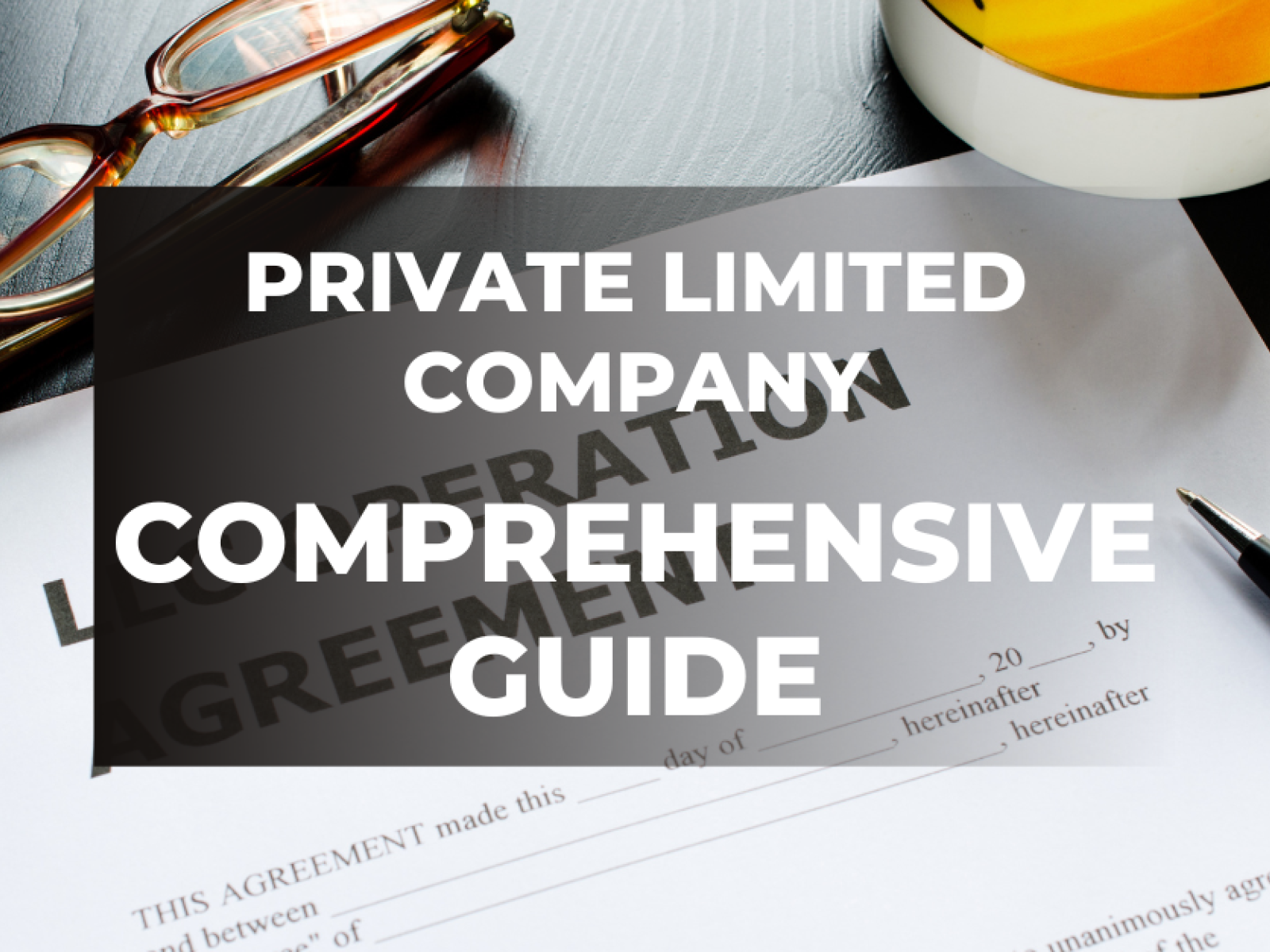A Comprehensive Guide to Private Limited Company
2023 05 18Introduction
Are you considering starting a business and wondering what legal structure would be most suitable? A private limited company could be the answer. In this smart guide, we will explore what a private limited company is, its pros and cons, and how to set one up. With limited liability, tax advantages, and potential for growth, understanding the intricacies of a private limited company is crucial for any aspiring entrepreneur.
What is a Private Limited Company?
A private limited company is a business entity in which the shares are privately held and not publicly traded.what is a private limited company? It is a popular choice among small businesses and startups due to its distinct advantages. The company's liability is limited to the original value of the shares issued, protecting the personal assets of the shareholders.
Pros And Cons Of A Private Limited Company
A private limited company is a commonly chosen legal structure for businesses due to its associated benefits and drawbacks. Entrepreneurs can make well-informed decisions by considering the advantages and disadvantages. Here is a brief overview of the pros and cons of establishing a private limited company.
Pros Of A Private Limited Company
• Limited Liability: One of the primary benefits of a private limited company is limited liability. As a separate legal entity, the company's debts and legal obligations are not the responsibility of its shareholders. This protects personal assets such as savings, homes, and cars from being used to settle company debts.• Sharing the Workload: By establishing a private limited company, you can leverage the expertise and skills of others. This enables you to share responsibilities and benefit from diverse perspectives, allowing for smoother operations and increased growth potential.
• Tax Benefits: Private limited companies often enjoy tax advantages. The company pays Corporation Tax on its taxable profits, which can be lower than individual income tax rates. Shareholders can also receive income in the form of dividends, which are subject to a lower tax rate than income tax.
• Business Continuity: Unlike sole traders or partnerships, a private limited company can continue to operate even if the original founders or shareholders are no longer involved. This ensures business continuity and provides stability, facilitating future expansion or transfer of ownership.
Cons Of A Private Limited Company
• Setup Costs: There are costs associated with setting up a private limited company, including registration fees. However, using a formations agent or company formation service can help streamline the process and reduce costs.• Compliance and Administration: Private limited companies have legal and regulatory obligations, such as filing annual accounts and returns. Meeting these requirements may involve additional time, effort, and potentially professional assistance, such as accountants or company secretaries.
• Disclosure Requirements: Private limited companies have more disclosure requirements compared to sole traders or partnerships. Information about the company, its officers, and financial statements is publicly available through the Companies House database.
How to Set Up A Private Limited Company
Setting up a private limited company is a relatively straightforward process. Here are the key steps:
Setting up a private limited company involves careful attention to detail and adherence to legal requirements. Consulting professionals or formations agents can help streamline the process and ensure all necessary steps are completed accurately and efficiently.
Conclusion
A private limited company offers several advantages, including limited liability, tax benefits, and the ability to share the workload and ensure business continuity. While there are setup costs and compliance obligations to consider, the benefits often outweigh the drawbacks. By following the necessary steps to set up a private limited company, you can establish a strong legal foundation for your business. Consult with professionals and explore the services of formations agents to streamline the process. Embark on your entrepreneurial journey with confidence and enjoy the benefits of a private limited company.
Remember, starting a business requires careful consideration and expert advice. Always consult with professionals and seek personalized guidance to ensure compliance with local laws and regulations.
Private limited company services are here to support you throughout your business journey. Contact us today to learn more about setting up a private limited company and explore our comprehensive range of services tailored to your business needs.

